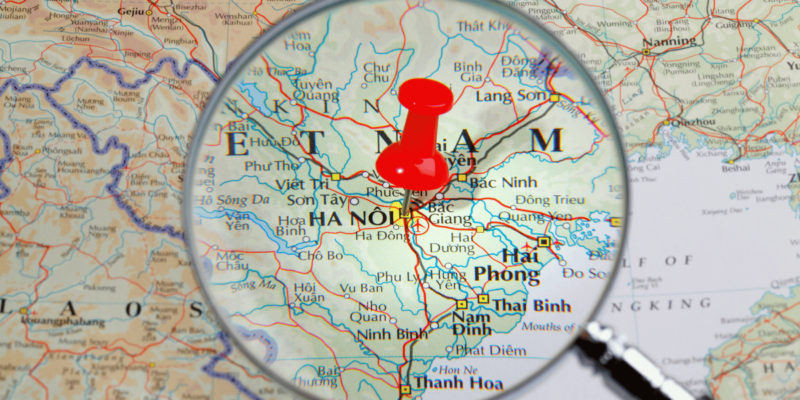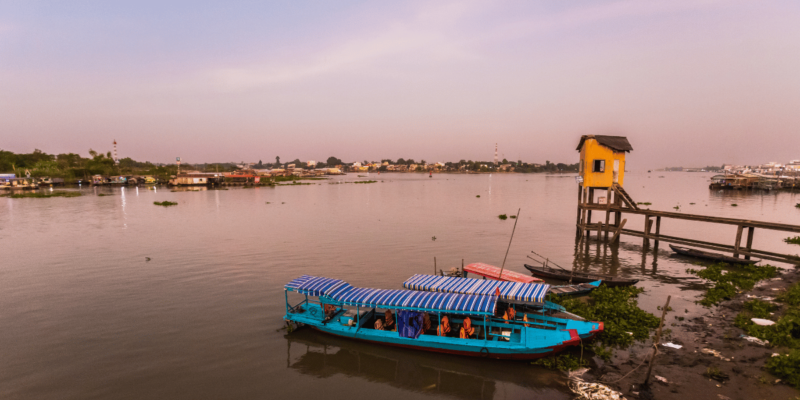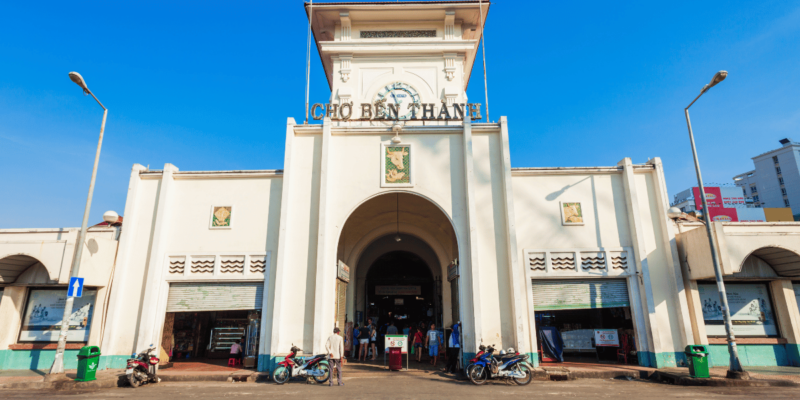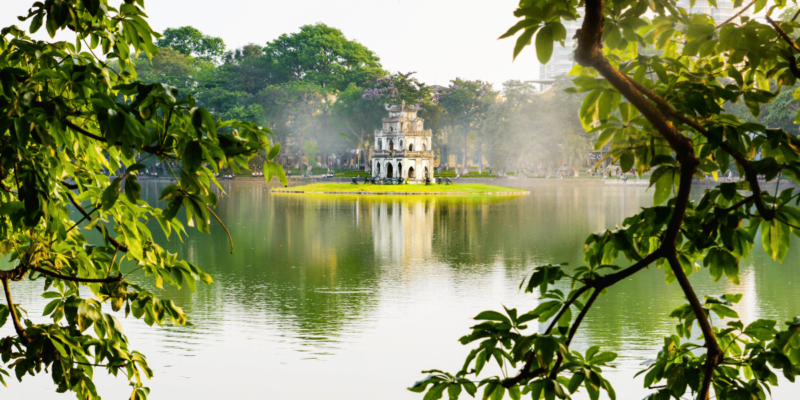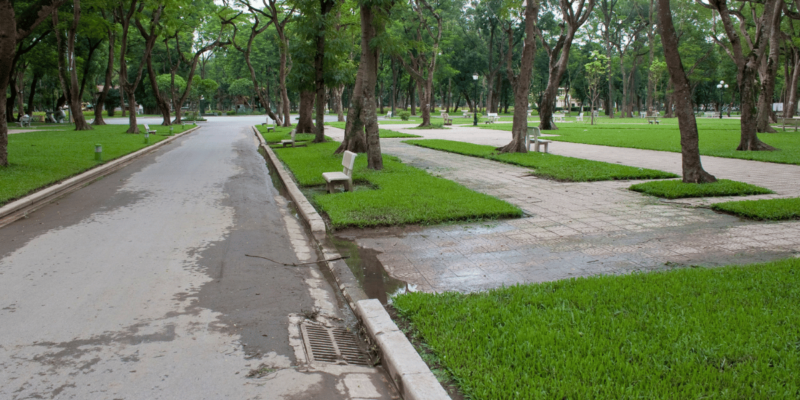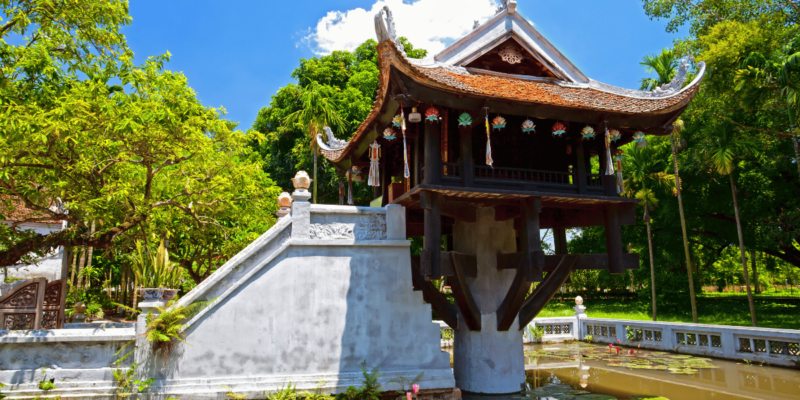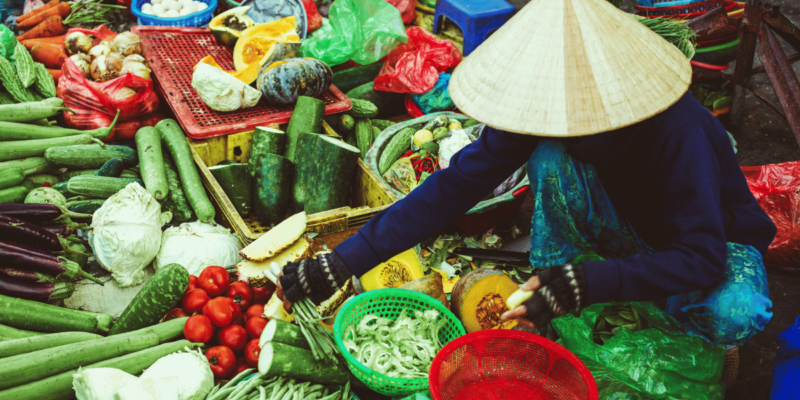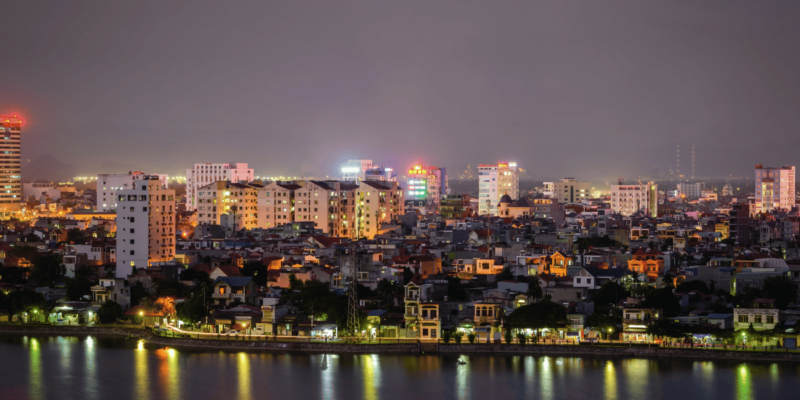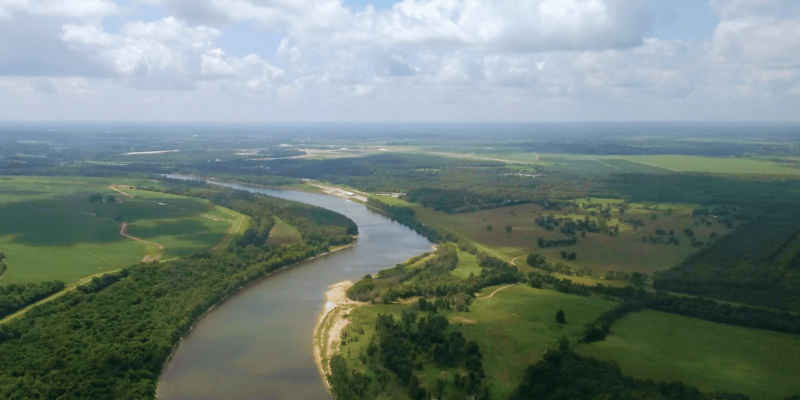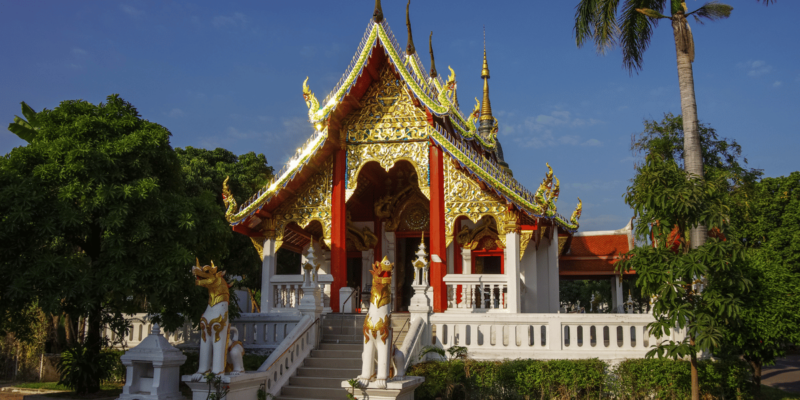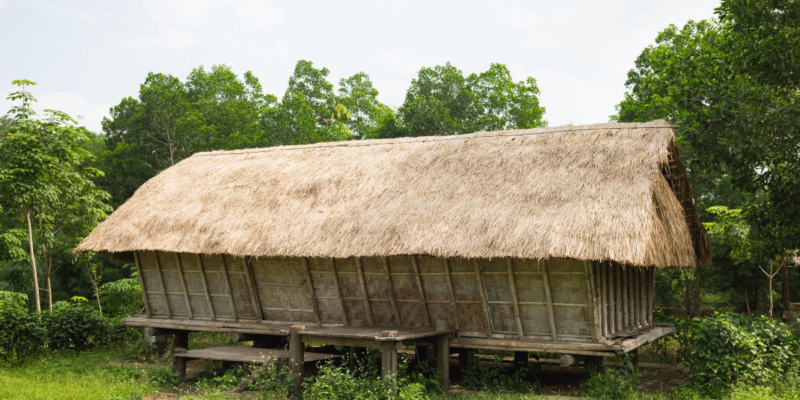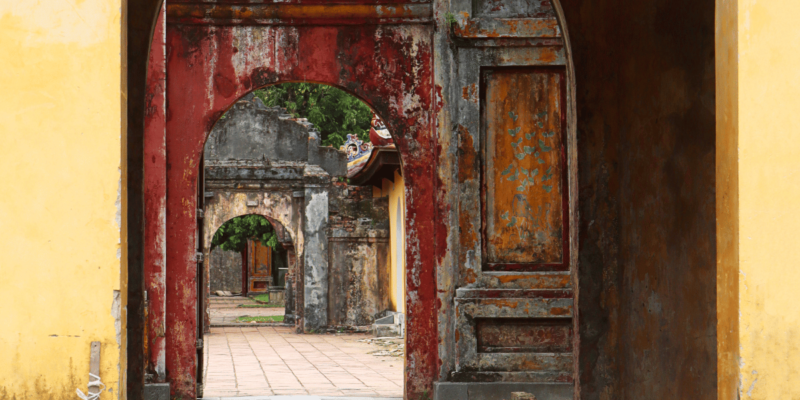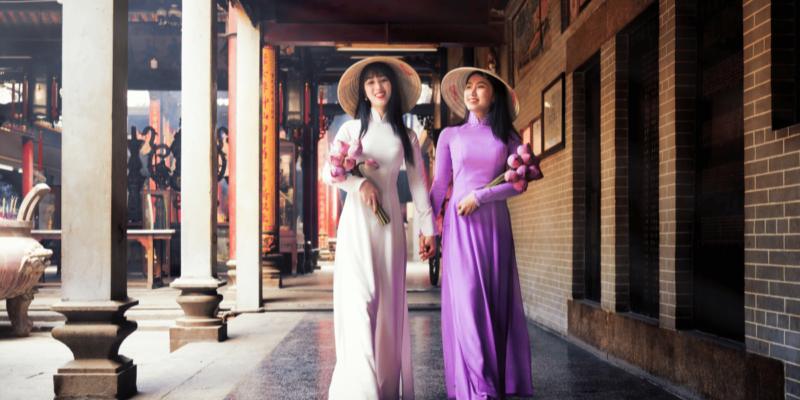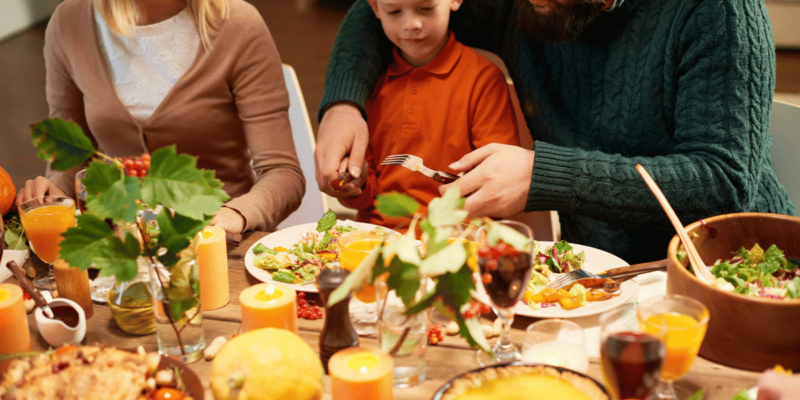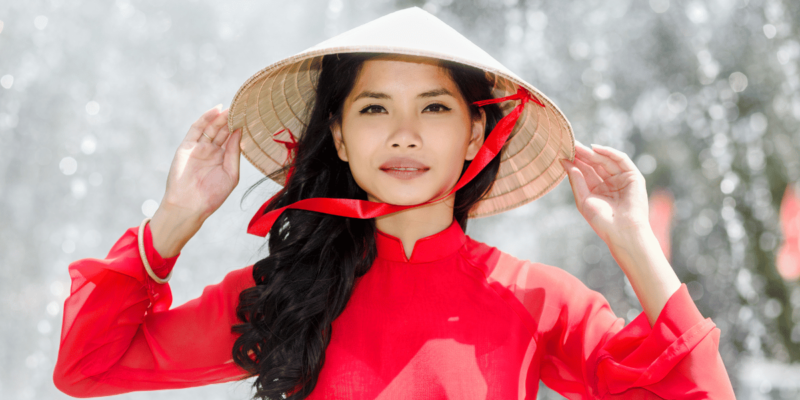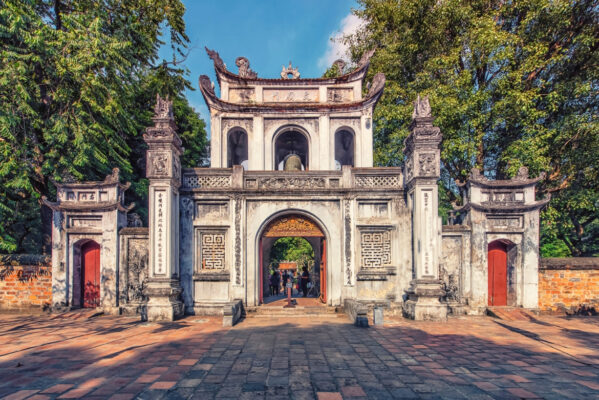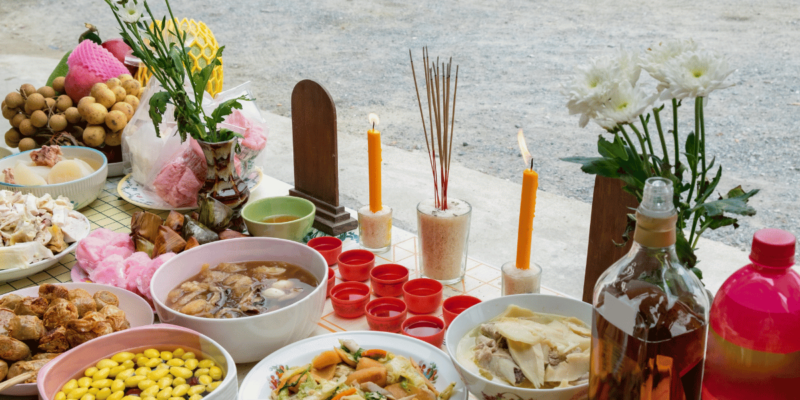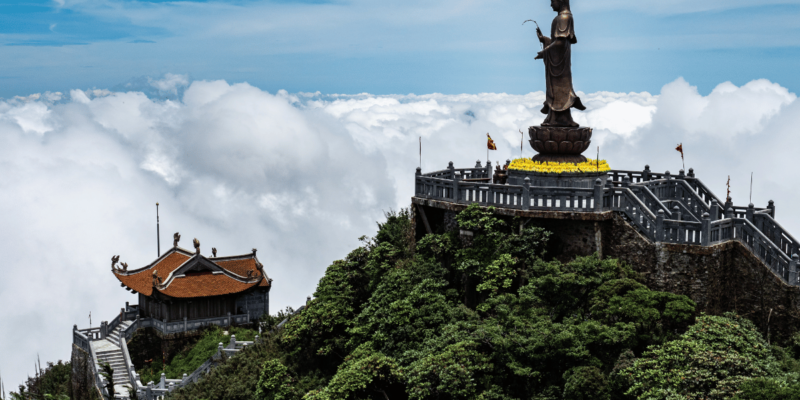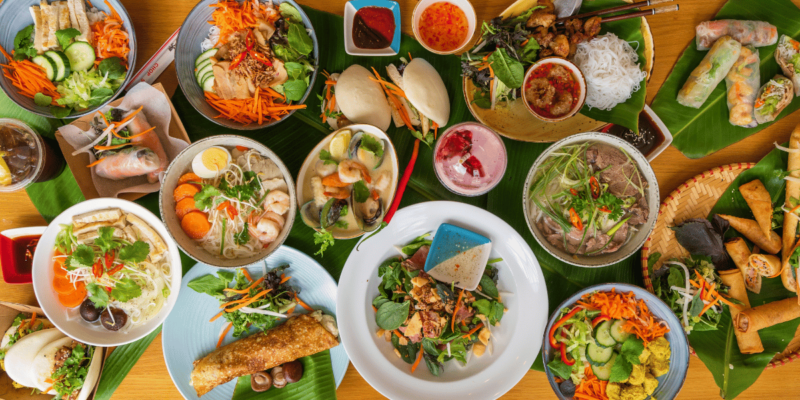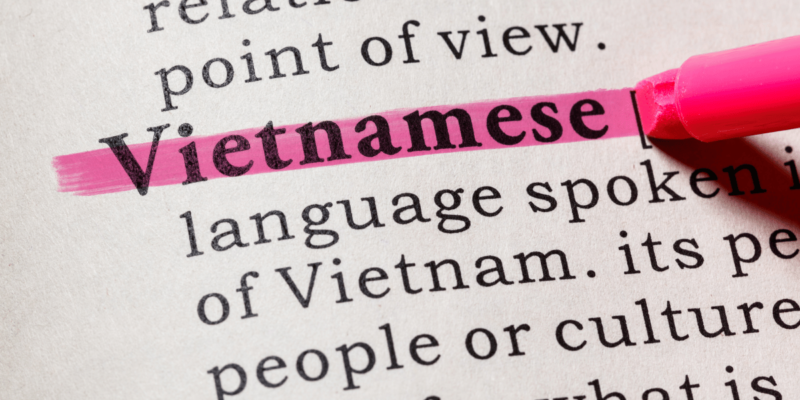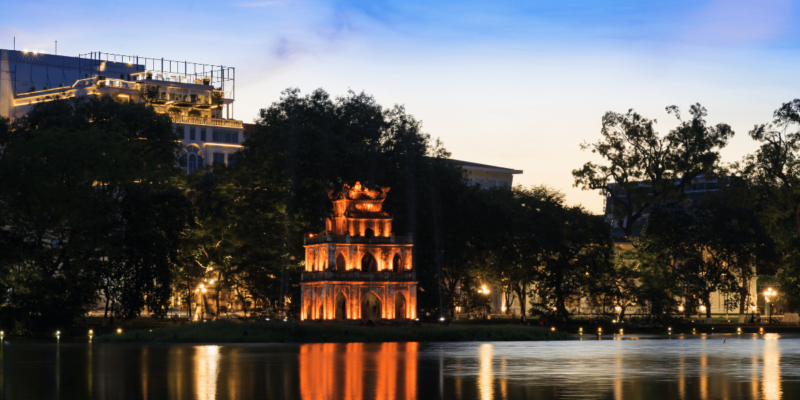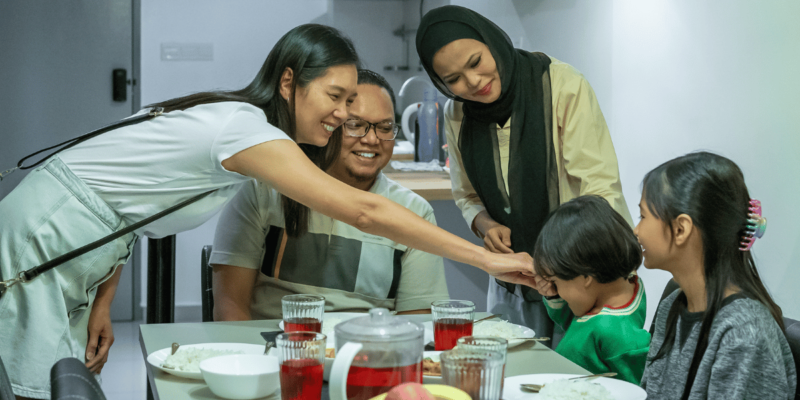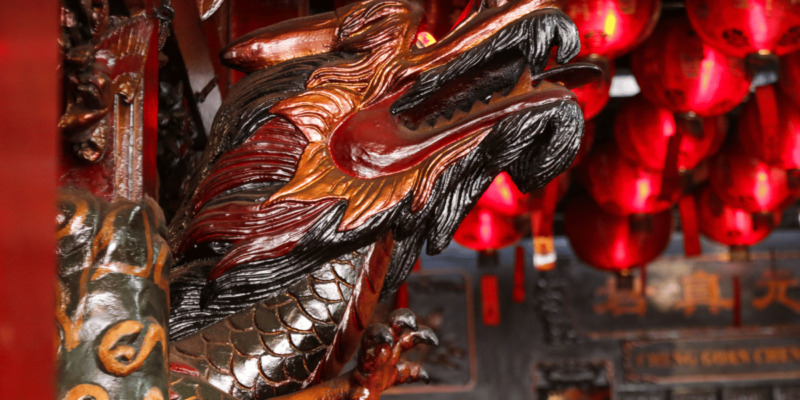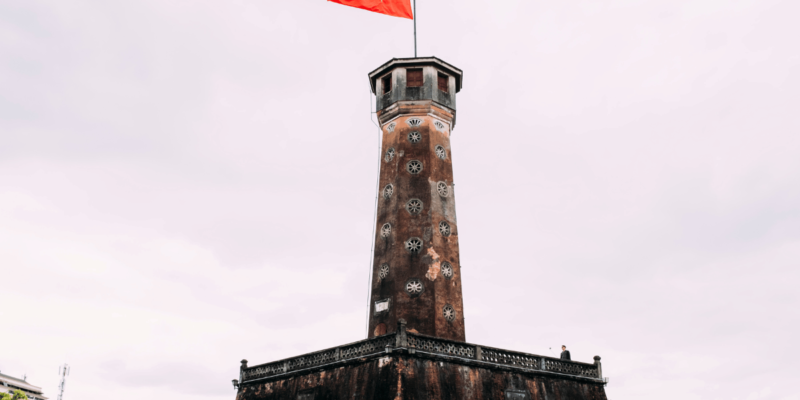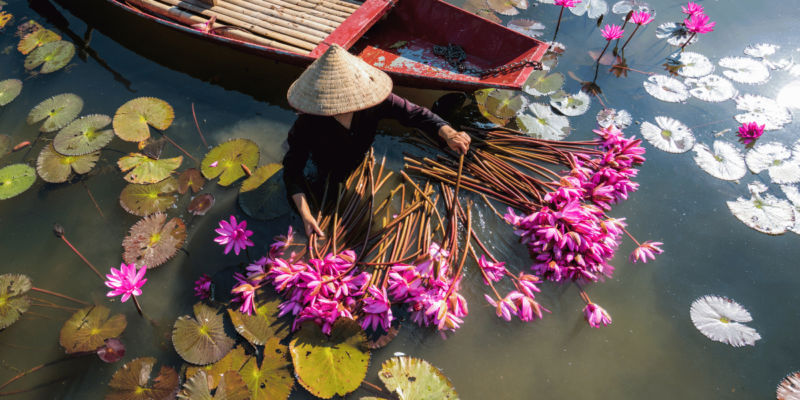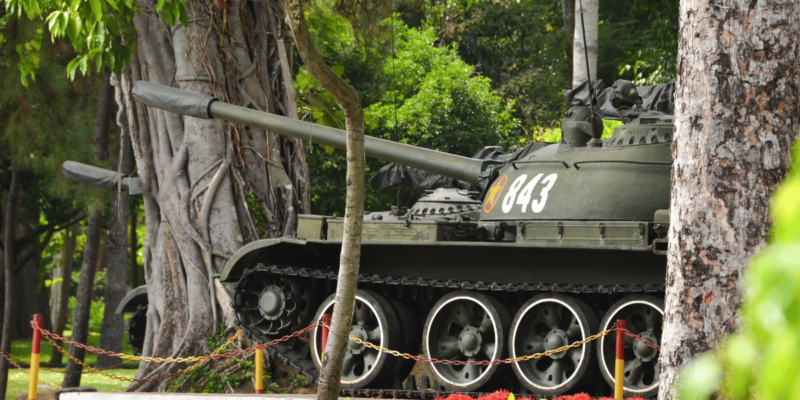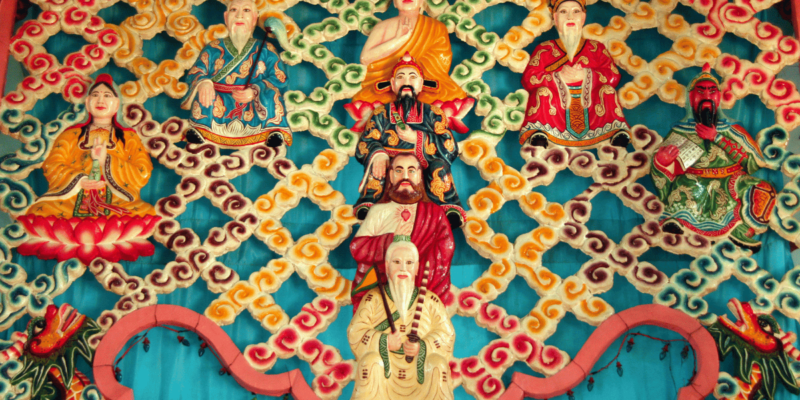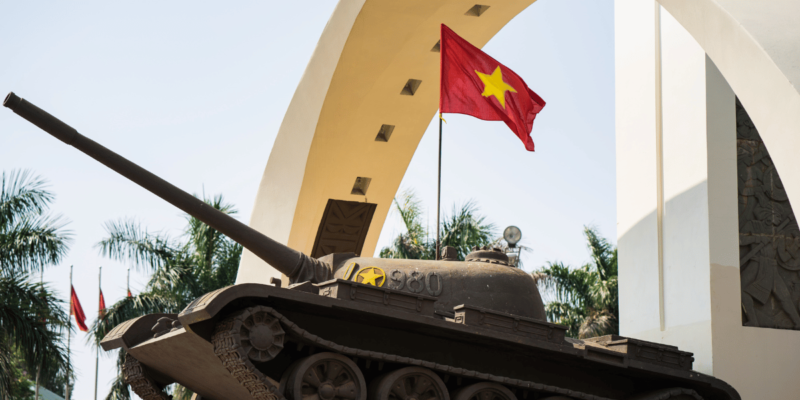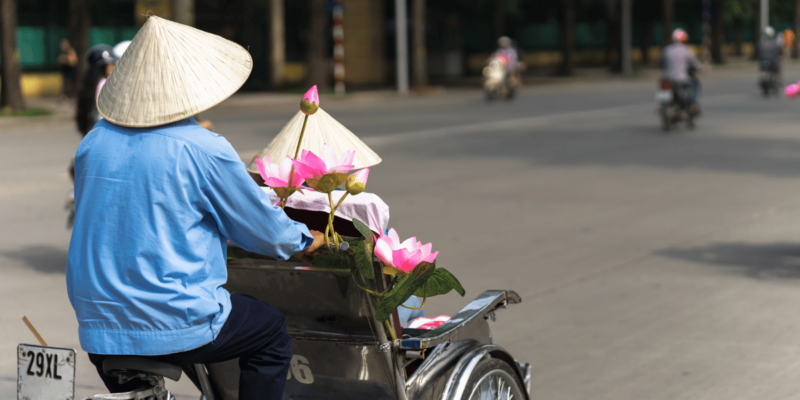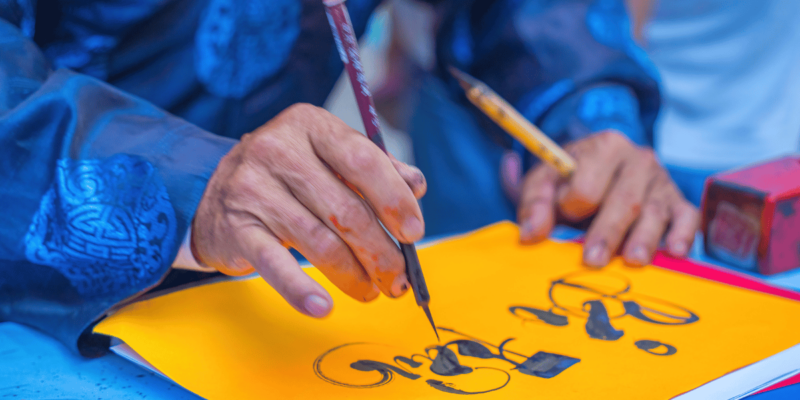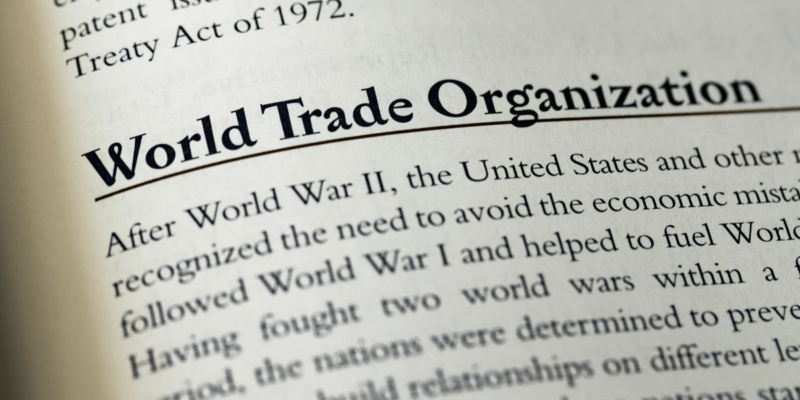Ancestor Worship in Vietnam: A Timeless Tradition
Ancestor worship is a cornerstone of Vietnamese culture, introduced during the long Chinese rule starting 200 years before Christ. This tradition has seamlessly integrated into Vietnamese life, influencing both the social and religious fabric of the country.
Historical Roots and Practices: From its historical roots, deeply embedded in Chinese influence, ancestor worship has evolved to become a uniquely Vietnamese practice that transcends religion and acts as a social glue binding communities together. Unlike Western perspectives that often view death as a finality, the Vietnamese perceive the presence of their ancestors as an ongoing part of their lives, influencing and guiding the living.
Daily Rituals and Beliefs: In nearly every Vietnamese home, you will find an altar dedicated to ancestors. Here, family members regularly burn incense and present offerings such as fruits, sweets, and even paper representations of money and luxury items, which are later burned to send to the spirit world for the ancestors’ use. This practice underscores a reciprocal relationship where the living honor their predecessors, and in turn, receive guidance and blessings.
Cultural Significance: Ancestor worship strengthens family bonds and enforces a moral code that reveres elderly wisdom and familial duty. This reverence is evident in the rituals and customs observed, from daily offerings to special commemorations during festivals, new moon days, and significant life events like births and weddings. The Vietnamese believe that these practices not only honor their ancestors but also ensure spiritual harmony and material prosperity.
Modern Implications and Continuity: Despite the rapid modernization and the shifts towards a more global outlook, ancestor worship remains a pervasive and revered element of Vietnamese culture. It reflects a worldview that values continuity over change, community over individualism, and spiritual well-being over material success. As Vietnam continues to navigate the challenges of the 21st century, the practice of ancestor worship provides a link to the past, offering both grounding and guidance for future generations.
Challenges and Adaptations: The practice, while still robust, faces challenges as younger generations encounter diverse global philosophies and lifestyles that may contrast with traditional values. Moreover, the diaspora and the physical distance between overseas Vietnamese and their homeland pose questions about the sustainability of these practices. However, the deep-rooted reverence for ancestors and the inherent flexibility within the practice suggest that it will continue to adapt and endure, preserving a vital aspect of Vietnamese identity.
In conclusion, ancestor worship in Vietnam is not just about honoring those who have passed but is a celebration of life, heritage, and the enduring bonds that define the Vietnamese spirit. It is a poignant reminder of the country’s rich history and its ongoing journey towards the future.


